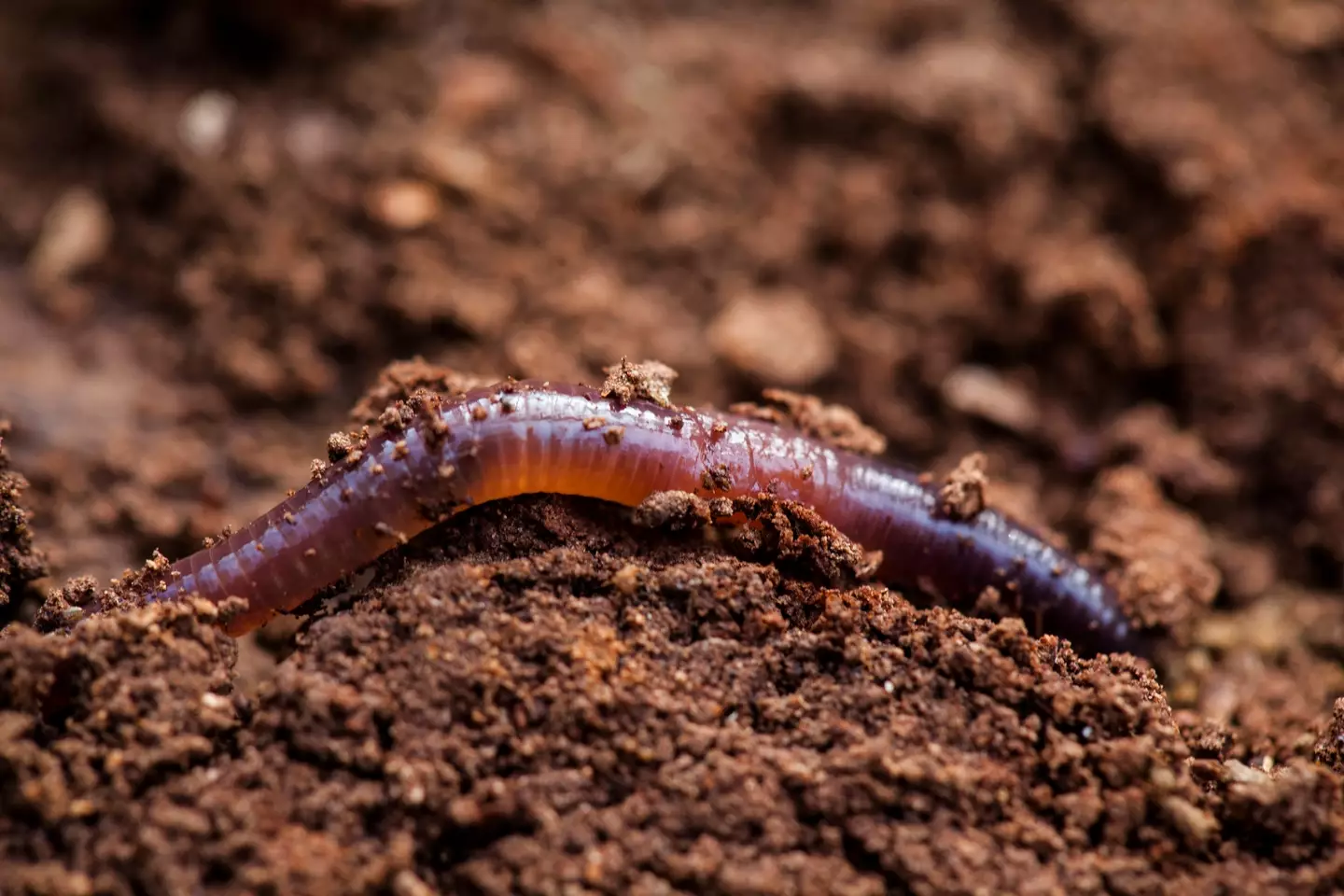By studying worms, experts have uncovered hidden elements that could help slow down the human ageing process.
Age expectancy differs dramatically between males to females in the US.
According to the Centers for Disease Control and Prevention, women are likely to live until they’re 80.2 while men have a lower expectancy of 74.8.
However, scientists in Budapest believe they’ve hacked the system and may have found a way to put a stopper in the ageing process.
A research team, led by Dr Ádám Sturm and Dr Tibor Vellai, from Eötvös Loránd University, have uncovered specific elements in our DNA which are reportedly able to destabilize the genetic codes that age us.
It’s said that various experiments were conducted on worms and that the group specifically looked at parts of our DNA known as transposable elements (TEs).
These TEs – more commonly referred to as the ‘jumping gene’ – can move around in our genetic code.
If there’s too much movement, then our genetic code can become unstable and cell function can be disrupted – thus, leading to ageing.
Interestingly though, research has found there are some cells that do not age, including cancer stem cells.
Dr Sturm and Dr Vellai have previously released an article titled: ‘The mechanism of aging: primary role of transposable elements in genome disintegration’ and ‘The Piwi-piRNA pathway: road to immortality’.

Researchers have been studying anti-ageing through DNA insights. (Getty Stock Image)
In the paper, they discussed the process at work in cancer stem cells, known as the ‘Piwi-piRNA pathway’ and have been theorizing about the relationship between the Piwi-piRNA system and the concept of ‘immortality’.
Now though, it appears they’ve taken their research to the next level.
In the study, the team sought to strengthen the Piwi-piRNA pathway in a worm called Caenorhabditis elegans.
They did this by using techniques to ‘downregulate’ the activity of the TEs and results showed that the worms were ageing slower.
Moreover, when the researchers controlled multiple TEs simultaneously, the effects multiplied to increase the worm’s lifespan by up to 30 percent.
Therefore new results, published in Nature Communications, show that controlling certain TEs can change the way genes work in the DNA and slow down ageing.

Scientists have strengthened the Piwi-piRNA pathway in a worm. (Getty Stock Image)
Commenting on the findings, Dr Sturm said: “In our lifespan [experiments], by merely downregulating TEs or somatically overexpressing the Piwi-piRNA pathway elements, we observed a statistically significant lifespan advantage.
“This opens the door to a myriad of potential applications in the world of medicine and biology.”
The scientists added that this study could work to inform ways to extend life and improve the health of humans in their later years.
On this subject, Dr Vellai said: “This epigenetic modification may pave the way for a method to determine age from DNA, providing an accurate biological clock.”
Featured Image Credit: Compassionate Eye Foundation/Three Images/Tetra Images/Getty Images
Topics: Animals, Health, Science

Sarah Carter is a health and wellness expert residing in the UK. With a background in healthcare, she offers evidence-based advice on fitness, nutrition, and mental well-being, promoting healthier living for readers.








